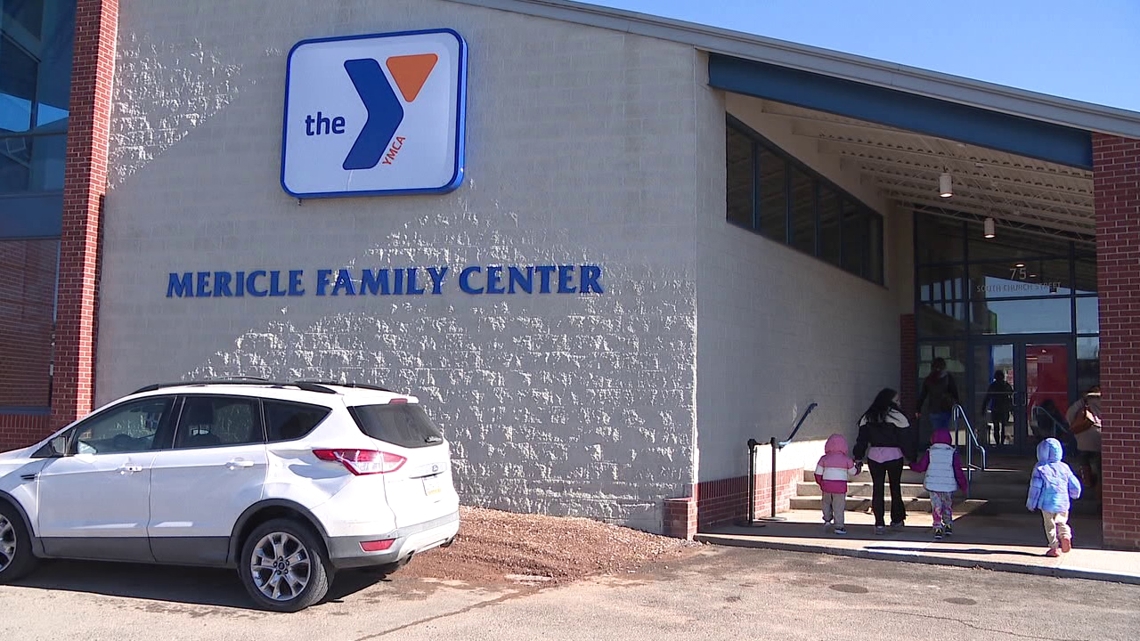Increase of 4,594 Vouchers Following School Choice Expansion

The Expanding Landscape of School Choice in North Carolina: What You Need to Know
In a significant move, the North Carolina General Assembly has made headlines with the approval of the 2023 state budget, touted by Republicans as the “largest expansion of school choice” in over a decade. This bold step reflects an ongoing shift towards increasing educational options for families, giving them more power to choose the schooling that best fits their child’s needs.
Understanding Opportunity Scholarships
At the heart of this expansion are Opportunity Scholarships—state-funded vouchers that families can utilize to enroll their children in eligible private schools. If you’re wondering which schools qualify, a comprehensive list is available online for parents to explore. This program, initially designed to assist low-income families, has seen a fundamental overhaul with the recent budget adjustments.
Starting in the 2024-2025 academic year, the eligibility criteria for these scholarships will evolve. The outdated income requirements have been eliminated, allowing a broader segment of families to benefit from this financial assistance. Instead of rigid income thresholds, households will now receive scholarships based on their financial situation—the amount of funding received will vary according to specific income tiers, offering a more customized approach to educational funding.
Financial Backing and Future Projections
The new budget injects a massive 0 million into the Opportunity Scholarship Grant Reserve, raising the total reserve to an impressive 8 million for the upcoming fiscal years. Over the next ten years, this expansion is projected to increase funding by .9 billion, bringing the total allocation to approximately .4 billion. This robust financial backing signals a commitment from lawmakers to invest in educational choices and cater to the diverse needs of North Carolina’s students.
The North Carolina State Educational Assistance Authority (NCSEAA) has been tasked with overseeing the K-12 scholarship programs. Following the recent changes, they reported an overwhelming response, receiving 69,511 applications for these scholarships by the March 1 deadline for the 2024-25 school year.
Scholarship Allocation and Impact
In a recent announcement, NCSEAA confirmed that 13,511 students—new applicants who had never received a scholarship before—were offered awards amounting up to ,468 to attend their chosen private schools. Families were given until April 19, 2024, to accept or reject these offers. In addition to this initial allotment, on April 26, another 2,294 students were awarded scholarships in the second tier, with a potential value of ,722. All told, this round of funding saw a total of 15,805 new scholarships allocated, a record that reflects the growing demand for private educational options.
Despite the seemingly positive news surrounding these scholarship allocations, recent statistics reveal a more complicated picture. While the number of awarded scholarships grew, there has only been a modest increase in disbursed scholarships—from 32,549 for the 2023-24 school year to 37,143 as of early November 2024. This discrepancy can be attributed to several factors.
Understanding Enrollment Dynamics
Some families opted to decline the scholarships due to changes in personal circumstances or a lack of admission to their desired schools. Furthermore, the renewal process saw additional declines, with families having until July 1 to respond to renewal offers. It’s not uncommon for some scholarships to go unclaimed as families navigate school choices and financial considerations.
As of October 2024, approximately 55,000 students remain on the waitlist for these scholarships, highlighting a gap between demand and availability. The ongoing dialogue around educational funding and school choice continues as many families eagerly await their opportunity to secure a spot in a private school setting.
Political Backdrop and Future Developments
On a political front, recent developments have stirred discussions about the future of school choice funding in North Carolina. On September 20, 2024, Governor Roy Cooper vetoed House Bill 10, which aimed to allocate additional funds for the voucher program. Should the General Assembly successfully override this veto, the NCSEAA stands ready to start allocating scholarships to those waiting on the list, promising even more opportunities for families.
As the education landscape continues to evolve, parents in North Carolina are poised to benefit from increased options and resources. The shift toward greater school choice promises to empower families, allowing them to make informed educational decisions tailored to their children’s unique needs. Only time will tell how these changes reshape the educational experience for students across the state.






